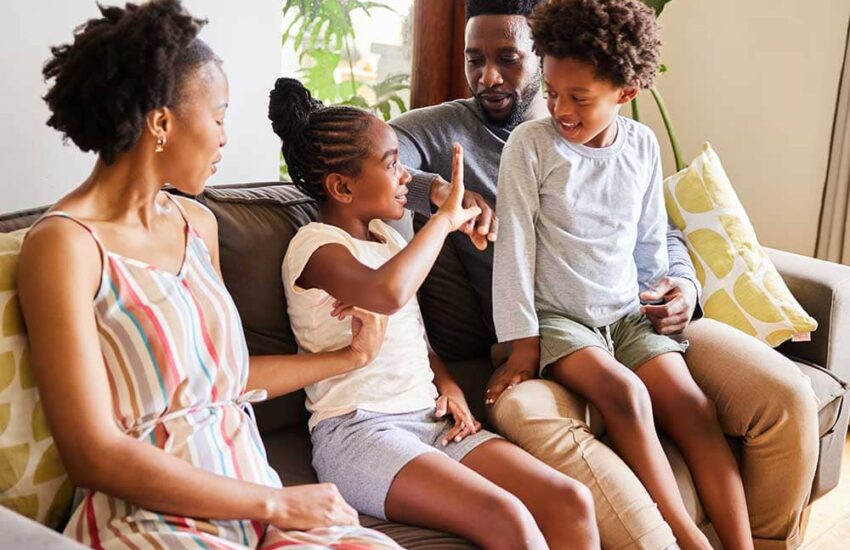Looking for ways to rebuild trust? Family therapy offers proven strategies to strengthen bonds. Find out how this approach can transform your relationships. Family therapy provides tools to heal relationships and learn how this method can create lasting change in your home. I used to think my cousin was the “troubled one” in our family. Every holiday, whispers about his outbursts dominated conversations. But when we finally tried family therapy years later, we discovered something wild; it was not just him. Our communication habits, unspoken grudges, and even how we passed the mashed potatoes, yes, really played a role.
Why Family Dynamics Matter More Than You Think
Here is the thing: families operate like ecosystems. When one person struggles, it is rarely isolated. I have seen parents insist their child is the problem, only to uncover patterns everyone contributes to like avoiding tough conversations or repeating generational scripts. Ever notice how arguments loop back to the same triggers? Family therapy benefits come from untangling those knots together, not pointing fingers.
The Surprising History Behind Family Therapy
Back in the 1950s, therapists mostly focused on individuals. Then pioneers like Salvador Minuchin flipped the script. They realized treating someone alone often failed because families subconsciously maintained the status quo. Imagine trying to fix a car engine while ignoring how the parts connect it just does not work. These visionaries saw families as living systems, and that shift changed everything.
Proven Strategies That Actually Work
Let me explain with a story. A couple once told me they were roommates, not partners. Using emotionally focused therapy, we explored their emotional triggers instead of surface fights. Within weeks, they were laughing about how they used to bicker over dishwashing. Approaches like structural family therapy help rearrange roles, while narrative therapy rewrites the stories families tell themselves. The key? There is no one-size-fits-all, but research shows these methods improve family communication and rebuild trust.
What to Expect in Your First Sessions
Initial meetings might feel chaotic, that is normal. I ask families to map their history with genograms and think of family trees with emotional baggage. We role-play tough conversations, and yes, homework happens. One dad groaned when I suggested a weekly “no phones” dinner, but later admitted it sparked their best talks in years.
Cultural Sensitivity: Why It is Not Just a Buzzword
Western ideals do not define all families. I worked with a multigenerational Hispanic household where respect shaped every interaction. Adapting techniques to honor their values not mine made progress possible. Family counseling techniques must flex to fit cultural roots, whether that is hierarchy, spirituality, or how emotions are expressed.
How COVID Revolutionized Family Therapy
The pandemic forced us online, and guess what? Virtual sessions became a lifeline for military families, college students, and busy parents. Online family therapy cuts commute stress and lets grandparents Zoom in from another state. Plus, researching a fight post-session is harder when your couch is the therapy couch.
The Bigger Picture: Healing Together
What sticks with me most are the “aha” moments like when a teenager tearfully admitted her eating disorder felt like the only way to unite her divorcing parents. Heartbreaking, yes. But in that vulnerability, the family began healing.
Family therapy is messy, raw, and imperfect just like families. But by facing struggles as a team, you create something stronger than any individual. And honestly? That is where the magic happens.
References
Nichols, M. P., & Davis, S. D. (2023). “Family Therapy: Concepts and Methods.” Pearson Education. https://www.pearson.com/us/higher-education/program/Nichols-Family-Therapy-Concepts-and-Methods/PGM1784560.html
American Association for Marriage and Family Therapy. (2023). “What is Marriage and Family Therapy?” https://www.aamft.org/About_AAMFT/About_Marriage_and_Family_Therapists.aspx
Lock, J., & Le Grange, D. (2022). “Family-based treatment of eating disorders.” Journal of Clinical Psychology. https://onlinelibrary.wiley.com/doi/abs/10.1002/jclp.23052
Substance Abuse and Mental Health Services Administration. (2023). “Family Therapy Can Help: For People in Recovery From Mental Illness or Addiction.” https://store.samhsa.gov/product/family-therapy-can-help-for-people-in-recovery-from-mental-illness-or-addiction/sma15-4784

